I hope, dear readers, that you will forgive me for the long pause in my blogging. I have been very busy in the past few months despite the rainy season blues, and I grounded myself in Solenzo for the month of August so as to get some projects rolling. So, what have I been up to for the past two months?
Solenzo, like every Burkinabe town and village, is dead quiet in the rainy season. As soon as the earth is soft enough to sow, every able-bodied man, woman and child disappears into the fields to cultivate millet, peanuts, cotton, sorghum and corn, among other things. Those that aren’t in the fields are traveling to visit family in other parts of the country or filing into cities to rejoin mothers, fathers and children. What does that mean for our heroine? A soft American who is completely useless in the field and too poor to spend too much time in the city? It means she needs to get creative with passing her time.
Sister Marie and Honorine finish a dyeing project before the remainder of the girls left in July
When the Center had been sowed with peanuts, millet and maize, the nuns one by one took their leave for various necessary voyages, leaving me almost completely alone on the grounds of the Center. At first, being alone was disorienting and a little frightening, but I devoted my time to vigorously tending my new garden, cleaning my house and paying calls to various friends in the community to talk to them about projects I wanted to start. Soon, I fell into a rhythm, and I started to become comfortable in Solenzo in a way I hadn’t before. In addition, I got more bold reaching out to people, and the more they responded the more energized I became.
Solenzo at dusk
At the end of July I found myself in the office of Dr. Ouatarra, the head of the Health District for Solenzo who oversees both clinics and Solenzo’s modest hospital. I had been wanting to do something with malaria prevention for a while and with the help of a minister from the education department, I had devised a plan to start doing short malaria prevention sensitizations in mosques and churches in Solenzo. I had drawn a series of visual aids designed to be used with a large group, and I was exited to get started. Within the next two weeks Dr. Ouatarra and I had created a lesson plan, connected with translators and set a date to start. Although I could not enter the mosque to speak, my health worker counterpart, a young Muslim man, would take my images and do the short, 30-minute lesson in the mosque every Friday. I, on the other hand, would be doing the lesson at the clinic in the mornings with pregnant and nursing women.
The first time I stepped into the shaded outdoor space where about 30 women were waiting with their babies to be seen, my hands shook. I clutched my drawings so hard they crinkled, and when I opened my mouth to begin, all of the French I supposedly knew escaped to someplace far away. Looking back at that first lesson I gave now, I have realized what every teacher and professional trainer knows intuitively: The first few groups are always the guinea pigs. You try different things and they work or they don’t, and that tells you exactly what to do next time. For example, the second time I gave my sensitization, I tried buzzing around like a mosquito in an effort to engage the mothers a little more. Not even a smile. But when I talked about how one could buy a motorcycle with all the money lost on treating preventable cases of malaria (and then proceed to ride an imaginary motorcycle around the room), I get giggles and nods of agreement.
By the second week of August, I felt I had reached a very good space. I was giving one to two sensitizations a week at both clinics and Dr. Ouatarra and I were talking about a mural and expanding the program further to include the hospital. Mme. Dioma and I had been talking frequently and developed a plan of action for the fall, and I had almost completed an extensive grant to get a garden stared at the Center. I did what I could to help out around the Center, being that there was only one woman there to tend the 0,5 hectares of land, and I got more comfortable spending time with friends in the community. As August rolled to a close, I felt energized to begin again in the fall when the girls came back. Even my garden had a few sprouts in it!
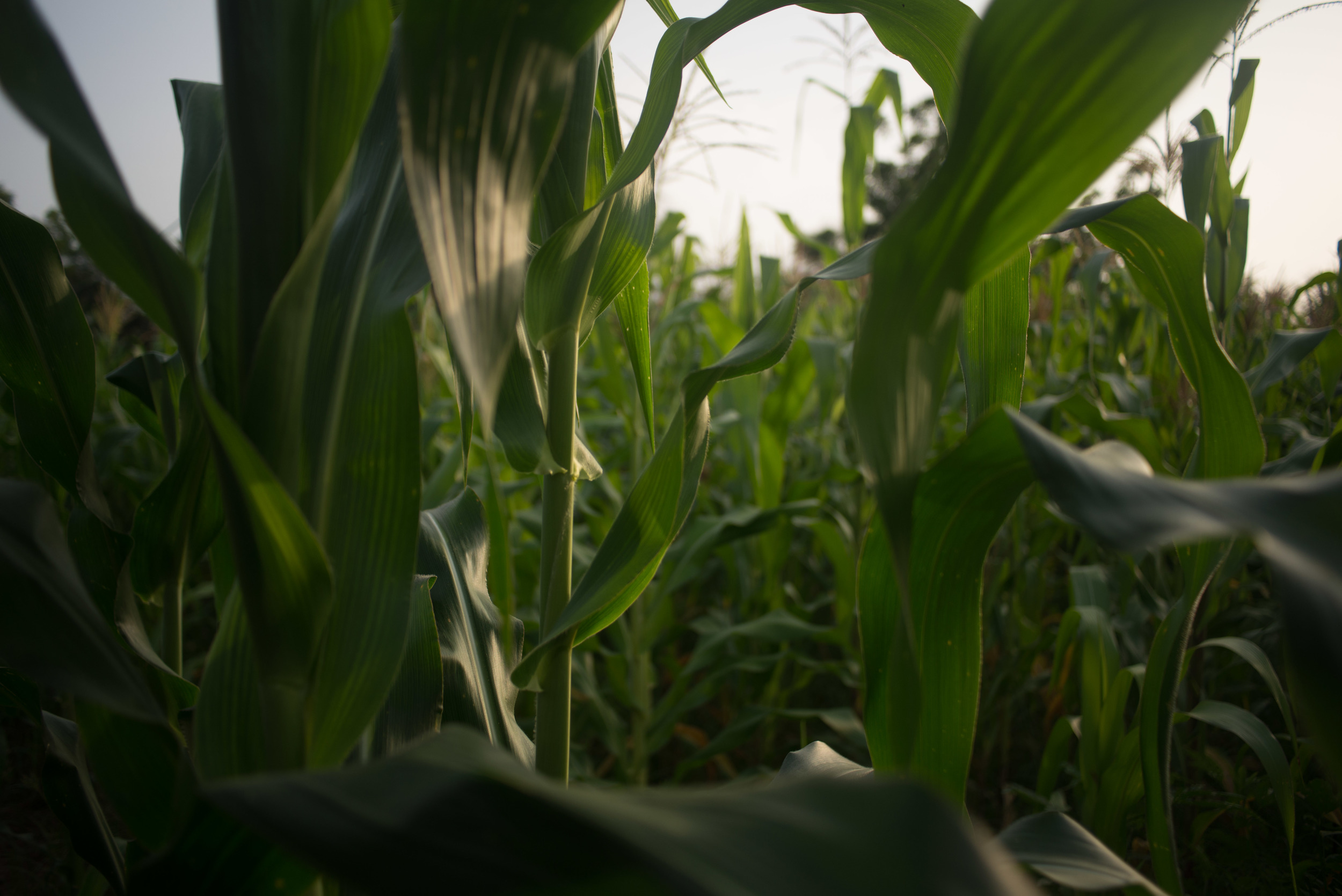
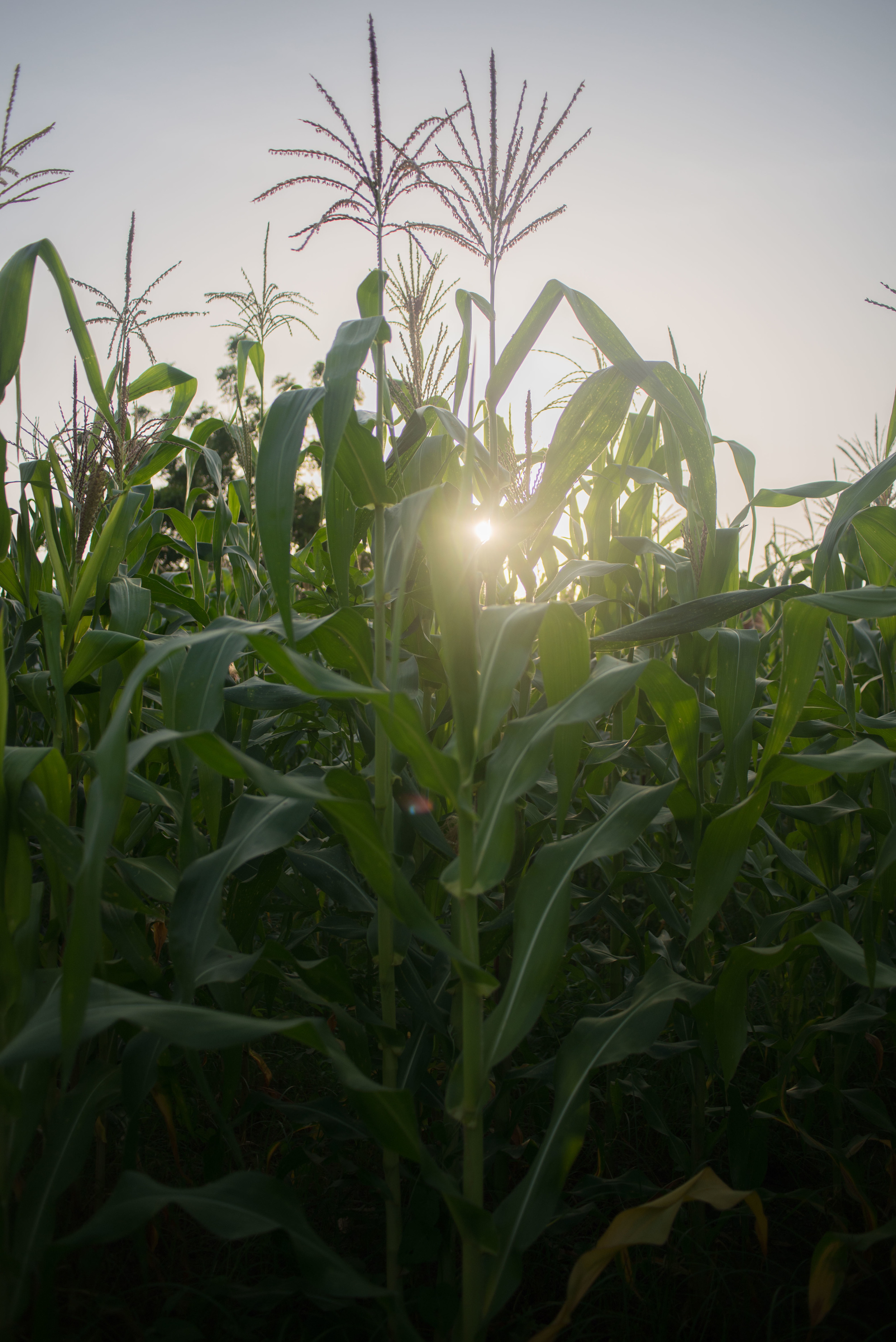
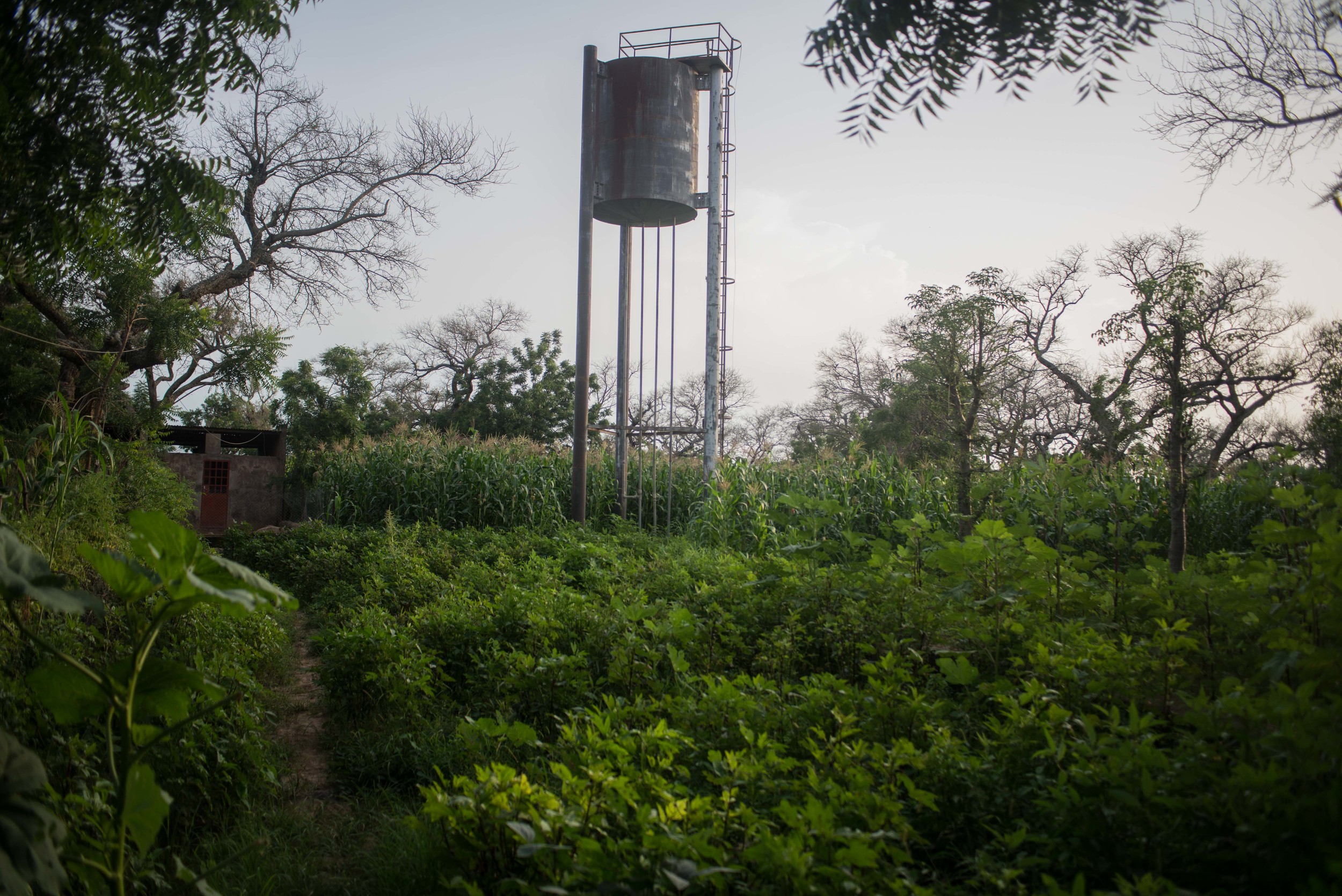
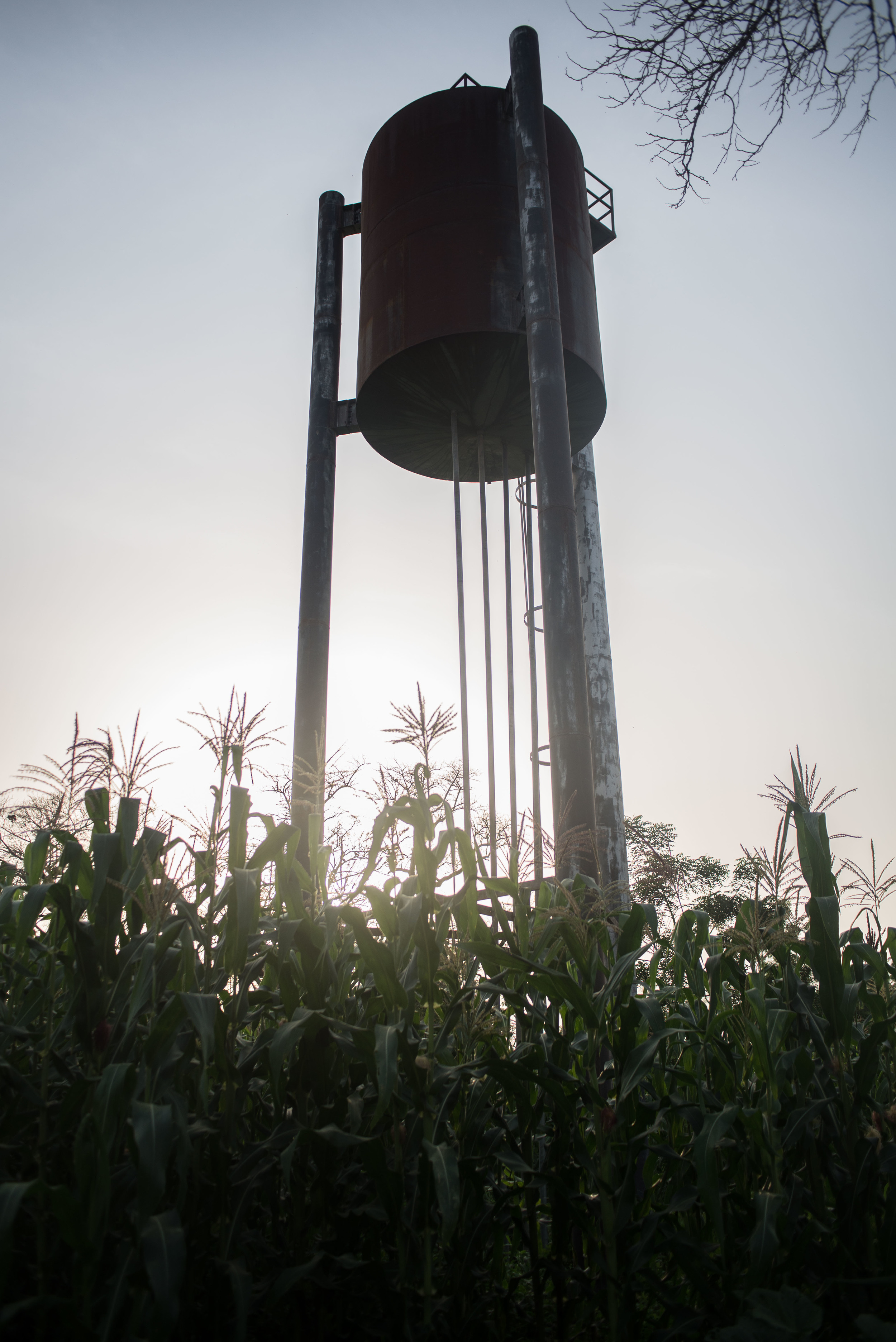
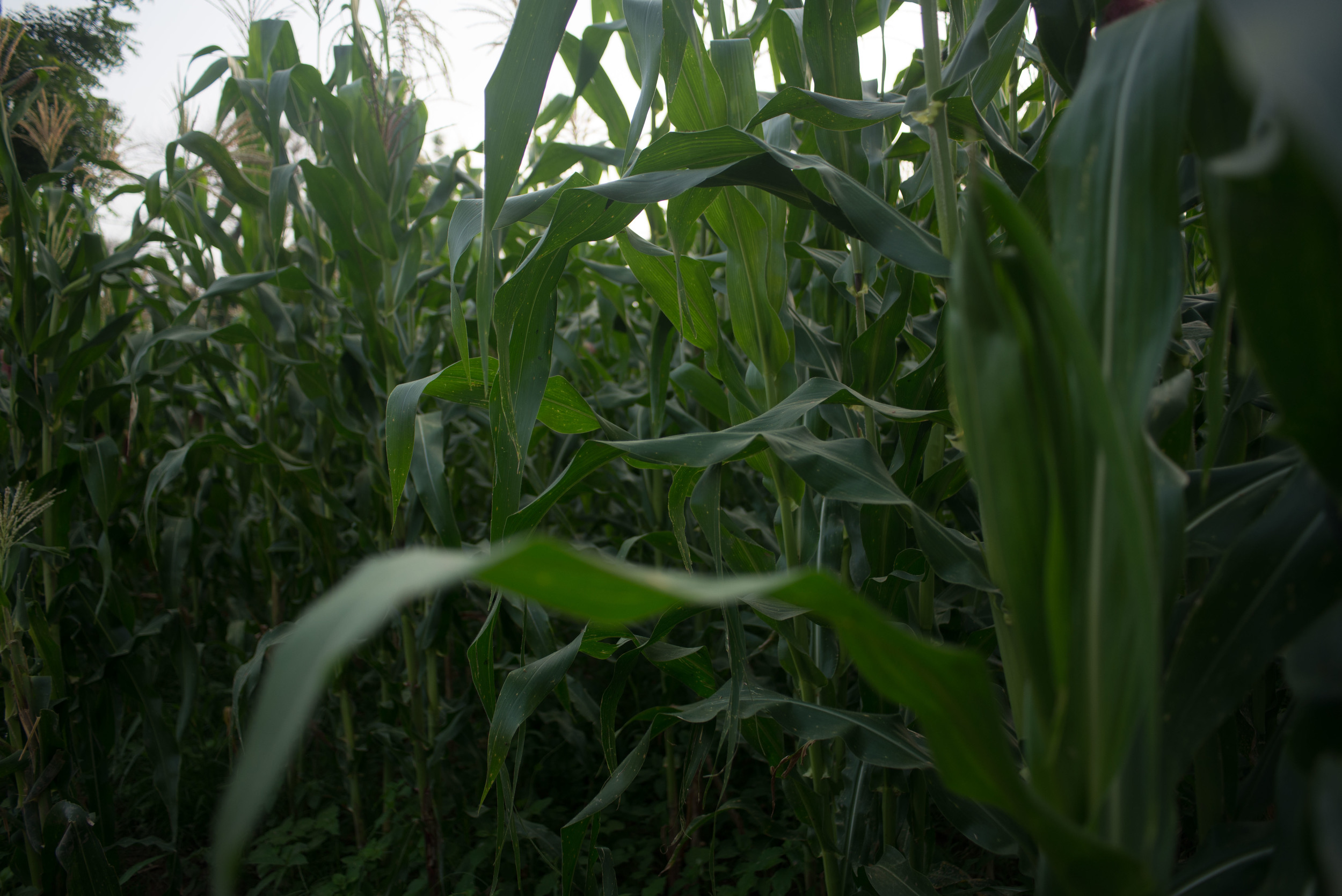
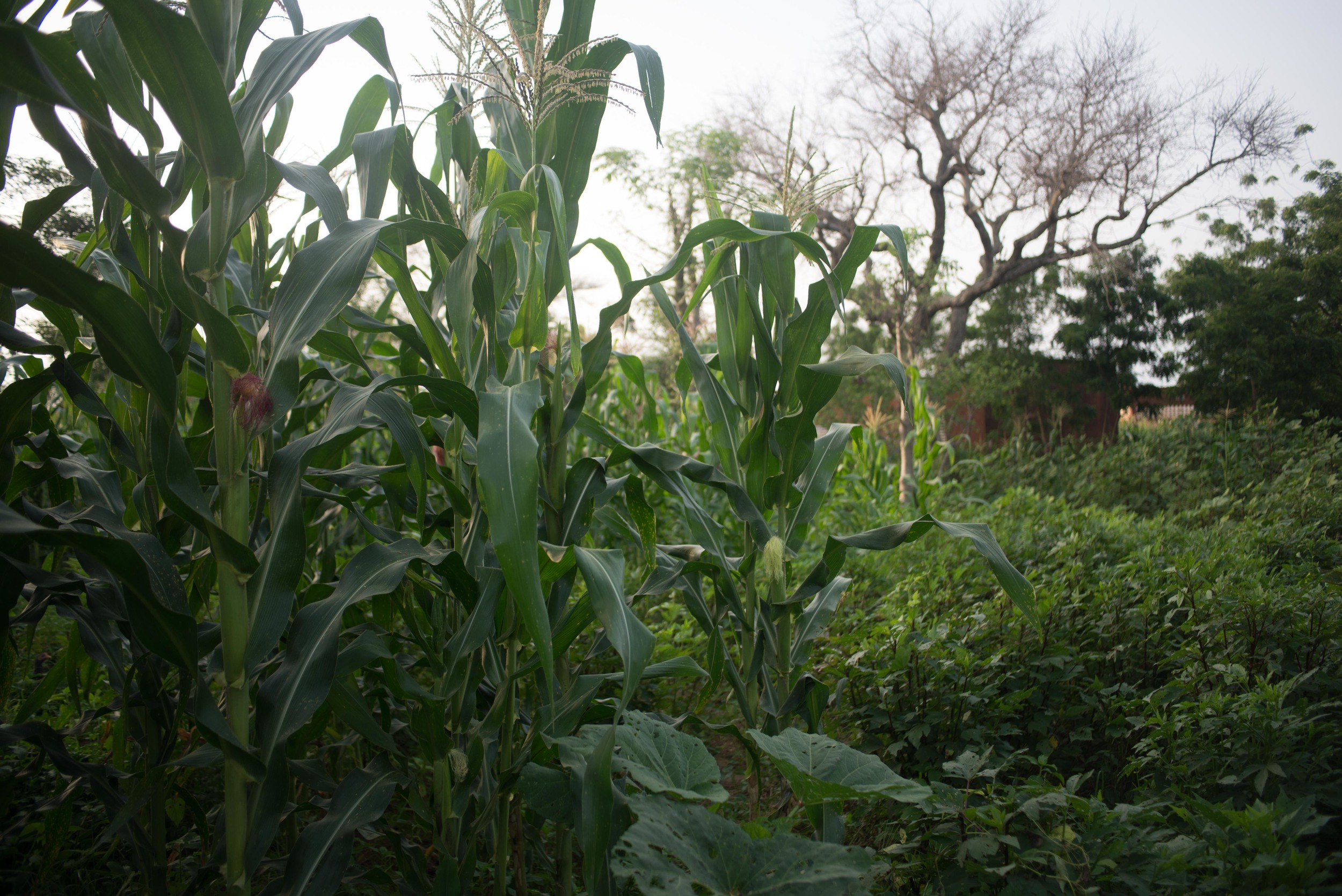
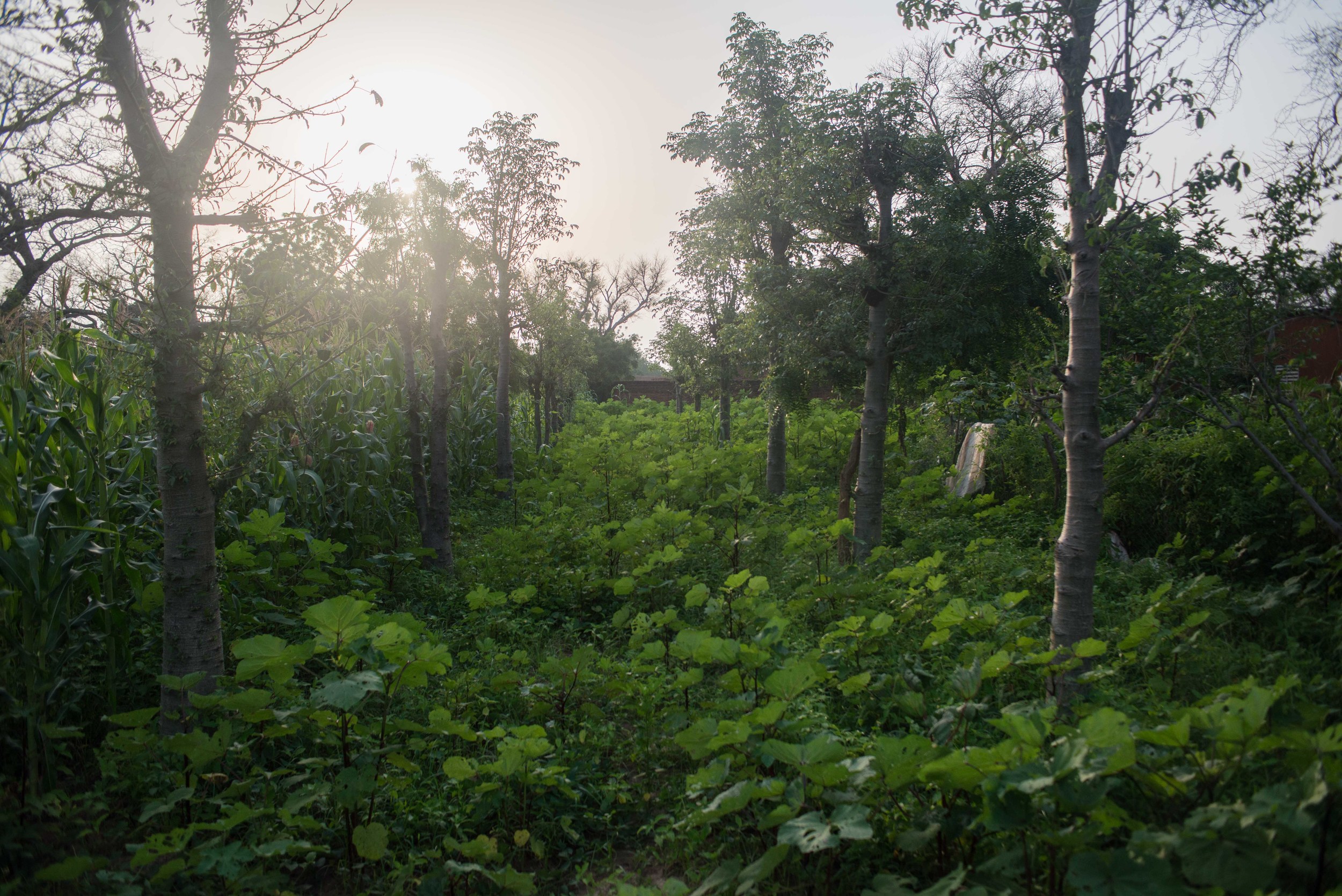
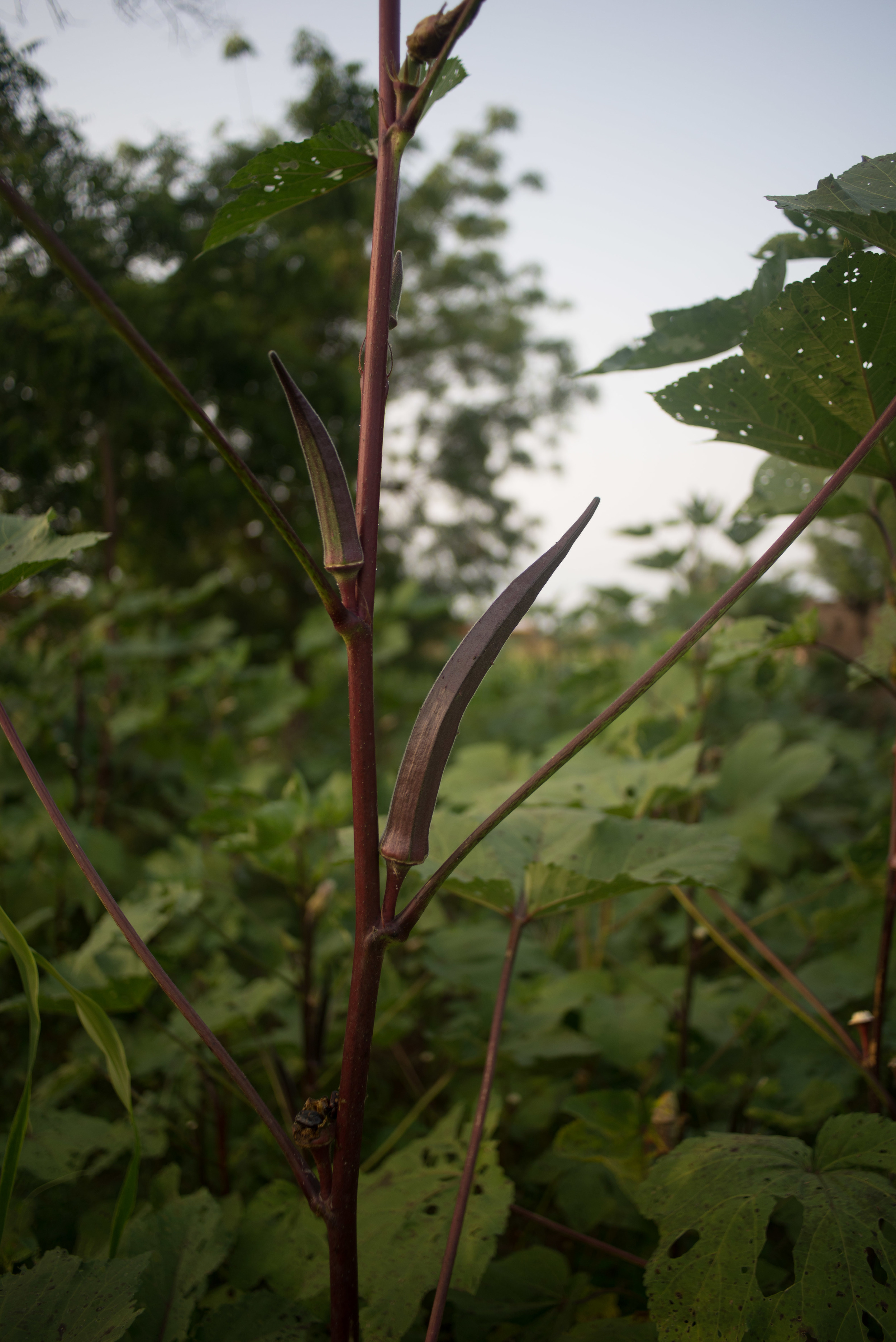
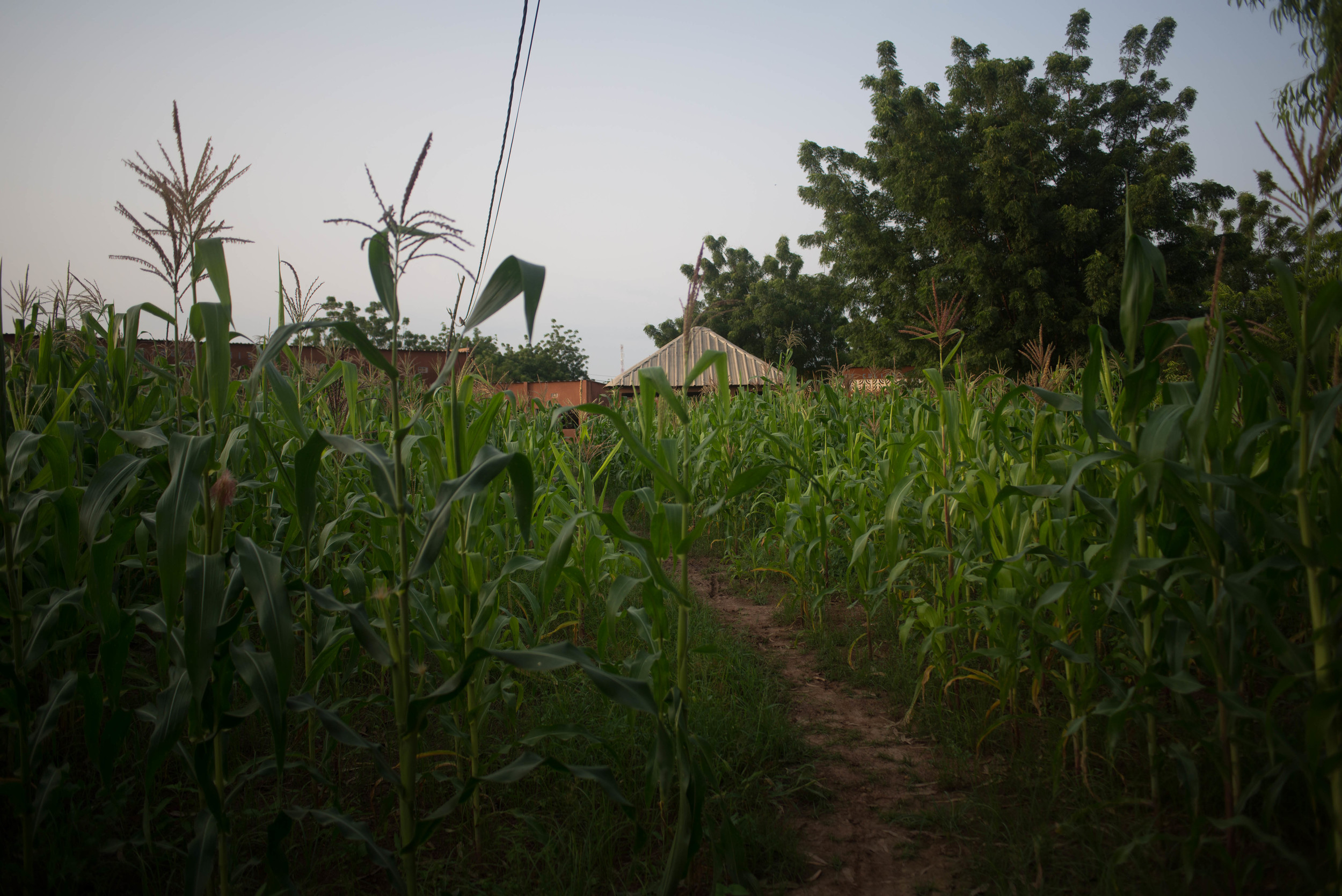
The Center after a good season of rain
